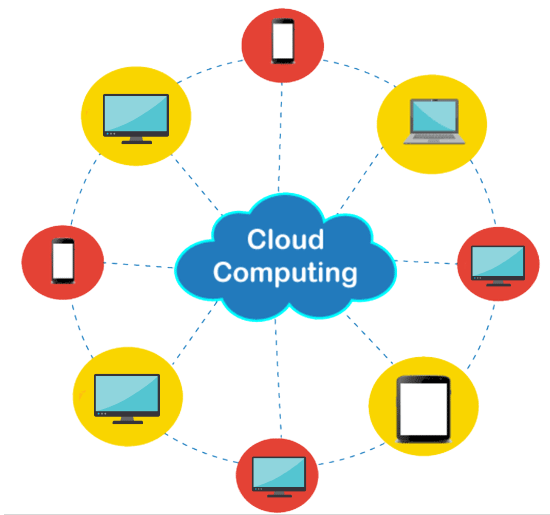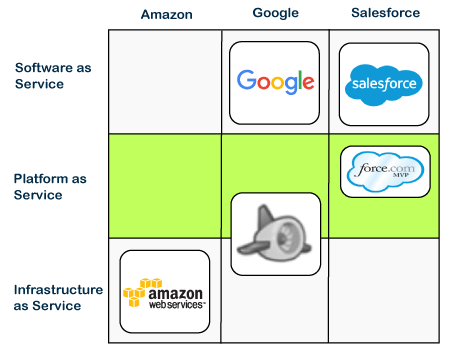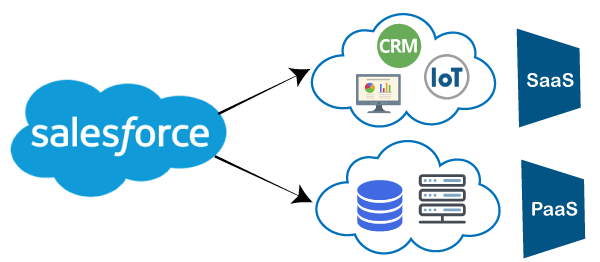Overview of Cloud ComputingSalesforce is one of the leading cloud computing platforms, which offers its services over the cloud to its customers and partners. To better understand the salesforce concept, it is mandatory to learn the basic concepts behind the salesforce, which is cloud-computing. In this topic, we will understand all the basics of the cloud-computing. What is Cloud-Computing?Cloud computing is a technology to store, manage, process, and access the data over the internet instead of a local server or computer hard drives. Here, the term cloud is taken from the symbol of the internet users in the flowcharts. The remote servers are used in cloud computing to store the data that can be accessed from anywhere using the internet. With the help of cloud computing, an organization can save lots of cost of local data storage, maintenance of data, etc. The information over the cloud can be accessed by anyone, anywhere, and anytime, with the help of the internet. Using cloud computing instead of traditional storage helps users with lots of benefits such as speed, cost-effectiveness, security, global access, etc.  Cloud computing involves two main concepts:
Types of Cloud ServicesCloud computing provides IT services through the internet. These services are placed in different remote places. The services can be divided into three main categories:
 From the above three services, salesforce provides two services: SAAS and PAAS, to its users.  SAAS(Salesforce.com)Software-as-a-Service is a way of providing applications as a service over the internet. SaaS services can be directly accessed using the internet instead of installing each application on the local drive or system. Salesforce.com is the SAAS service provider that provides various online applications for CRM. There is no need to install any software or server on a local machine; instead we can start the business on this just by singing-up. PAAS(Force.com)Platform-as-a-Service or PaaS is a type of cloud computing service where a service provider such as Salesforce.com provides a platform to their client to work on. On such platforms, the users or clients can run, develop, test, or manage any business applications without any IT infrastructure. It lies between the SaaS and IaaS services, and provides a building block by which we can create our solutions. Google App Engine is one of the great examples of PaaS services. Currently, it provides online Python and Java Runtime platforms to develop web applications without any need for complicated software & hardware. Force.com platform also offers PaaS services. It uses its language proprietary. Infrastructure-as-a-Service (IaaS)IaaS is a type of cloud-computing service that offers the rental computing infrastructures. The cloud provider provides various infrastructure services such as servers, virtual machines, network storage, etc. The services can be scaled up and down as per the client requirements. Benefits of Cloud-computing
Next TopicSalesforce CRM |